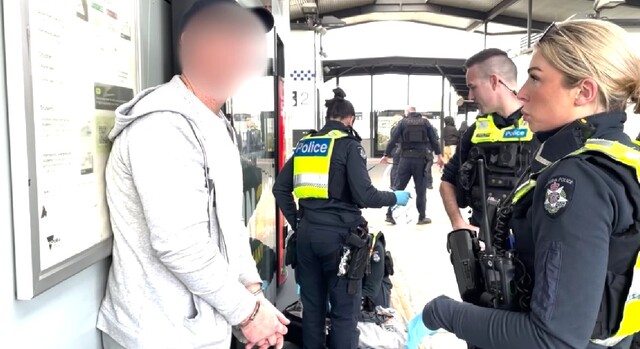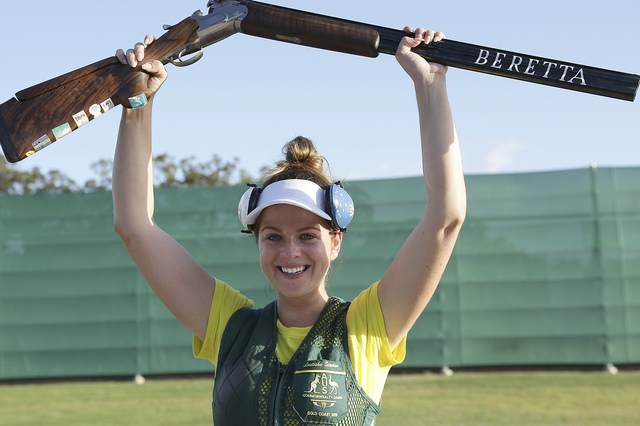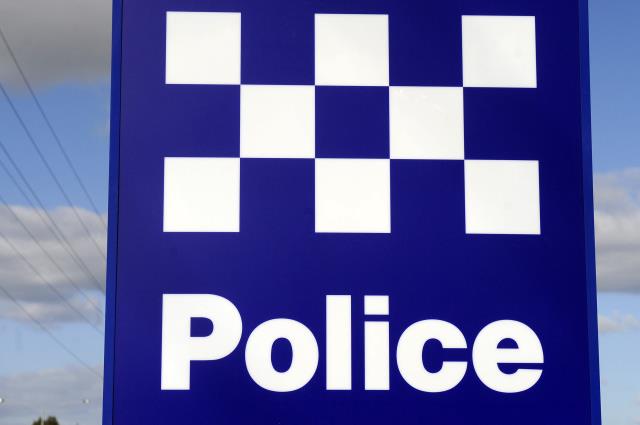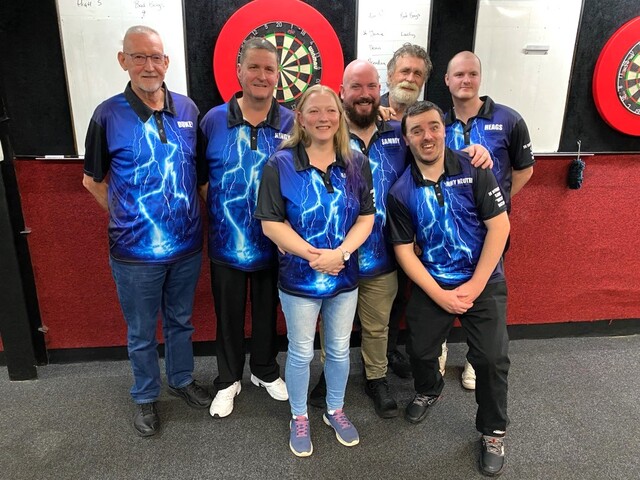One Nation candidate Boris Sokiransky proposed free English lessons as a solution to unemployment in the seat of Isaacs.
The electorate takes in Dandenong South, Noble Park and parts of Dandenong and the One Nation candidate’s suggestion accounts for the cultural and linguistic diversity in these areas.
The City of Greater Dandenong is the most culturally diverse community in Australia with 64 per cent of residents born overseas.
Mr Sokiransky believes these lessons will bridge the language barrier that is presently constraining their employment opportunities.
“A lot of people need interpreters, English support and then they will be able to enter work force because they are willing – they are [currently] just stuck in this mince grinder where they’re forced to apply for work and given certificates but cannot do the work because of English restrictions they face,” he said.
“They’re nice people, they just need help which continues on as a progression to work.”
Mr Sokiransky was also strong in his opposition to the mandates as they are causing unemployment among a population capable of working.
Liberal Democrat candidate Sarah O’Donnell agreed there was staff shortages and said she would address it through incentive-based training opportunities after the lockdowns have limited professional development.
Scott McCamish, candidate for the United Australia Party, does not see unemployment as a key issue.
“The wider issue is the cost of living and the rate rise out today will affect many already in mortgage stress,” he said.
Greens candidate Alex Breskin said that the Greens would invest in the economy in two ways.
“We need to address the climate crisis now, and that will require deployment of resources that will mean more work for the people in Keysborough and Dandenong South,” Mr Breskin said.
“We need to address insecure work, including by putting in place measures to prohibit employers from being able to hire workers as indefinite casuals or on rolling contracts without any genuine obligation to provide long term job security.
The council identifies unemployment as a major issue and is advocating for increases to jobseeker, rent assistance and the national housing/homelessness agreement.
Census data from 2016 indicated that 32 per cent of local households were living in acute financial stress – six per cent more than the metropolitan level.
Mr Sokiransky supported funding in all areas, Mr McCamish and Mr Breskin each supported increases to jobseeker and rent assistance.
Neither Mr McCamish nor Mr Breskin responded specifically to whether they supported increases to the national housing/homeless agreement.
Mr McCamish, however, would “absolutely support” any program that tackles homelessness.
Mr Breskin said that housing was a “human right” and outlined the Greens policy, however did not give specific details about the seat of Isaacs.
The Greens are proposing to build 1 million new homes over the course of 20 years,” he said.
“This includes 750,000 new public and community houses to slash public housing waiting lists, 125,000 new shared ownership homes, and 125,00 public universal access rental homes to provide secure housing.”
On Census night in 2016, the number of people sleeping rough or in temporary accommodation across the municipality was almost three times the Victorian average.
Liberal Democrat candidate Sarah O’Donnell did not have policies to address council advocacy areas.
All Isaacs candidates were contacted to gauge the action they would take to tackle unemployment, however sitting Labor member Mark Dreyfus, Liberal candidate Robbie Beaton and Animal Justice Party’s Alix Livingstone did not provide a response by deadline.







